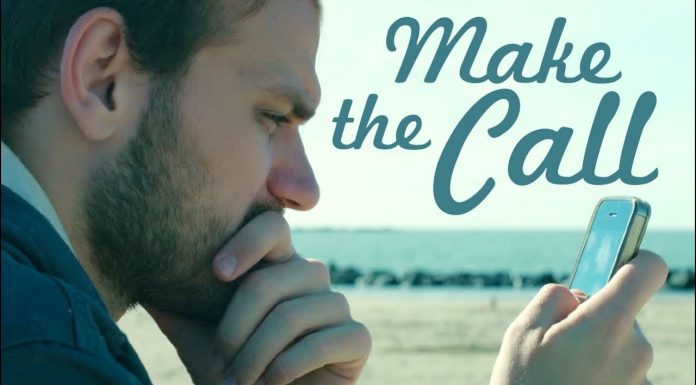Coronavirus is all people are talking about. It has turned our lives upside down, especially those who have actually come in contact with the virus, Rachamana litzlan. But even for those of us who haven’t, we can choose to be deeply affected by it—in a good way.
The virus has taught us to value things whose full significance we may have forgotten. Let’s start with Shabbat. In Parshat Vayakheil, which I recently taught for the first time with no kahal around me, we read about the mitzvah of Shabbat. When Moshe Rabbeinu spoke to the Yidden in the midbar about this beautiful gift, they responded, “We already know about it.” According to the Midrash, they had kept Shabbat in Mitzrayim. “No, no,” Moshe Rabbeinu said to them. That was not the Shabbat he was referring to. In Mitzrayim, the Yidden had slaved away all week long, and when Shabbat came, they literally fell into it, exhausted and drained.
In the midbar, on the other hand, the Yidden were instructed “la’asot et haShabbat,” to make Shabbat. They had all the time in the world to prepare for it. They had all week long to clean their homes and get ready. That is our situation now. We are locked in our homes and have all week long “to make Shabbat.”
During this period, when we are home most of the time, we have the opportunity to make Shabbat a central part of our week. Especially for those of us who are working mothers, this is our chance to cook with the kids at our side, to say to them, “Look, Ima is making the soup now. Let’s do the challah together.” When Shabbat arrives, we will have prepared for it.
And when else have we so greatly appreciated the 25 hours of total disconnection from the outside world as we do now—to be cut off from the news, from the hectic environment that exists right outside our doorstep?
Coronavirus has also taught us to appreciate our ability to fulfill the precept “v’hayu einecha ro’ot et morecha, your eyes shall see your teacher” (Yeshayahu 30:20). This is such an important Jewish value.
Rabbi Yehuda Hanasi, who sat behind his rebbe, Rabbi Meir, was known for having the sharpest in Torah learning of all his peers. He said that had he sat before his rebbe, had he seen his face while drinking from his well of Torah, his mind would have been even sharper (Eiruvin 13).





















